SEATTLE, Wash. – August 22, 2012 – Skytap, the leading provider of self-service cloud automation solutions, today announced new hybrid cloud capabilities that make it fast, easy and secure for enterprises to adopt Skytap Cloud as a seamless extension of their VMware data center infrastructure. The release offers new ESXi Multi-Machine Templates for ESX 4.1 and ESXi 5.0, and a virtual machine (VM) Import/Export REST-based API that automates the movement of existing VMs between on-premise infrastructure and Skytap Cloud. With this release, Skytap provides a simple and efficient way for enterprises to use a secure hybrid cloud environment as a complement to their use of on-premise VMware technology. Skytap will be unveiling the new features at VMworld on August 27-29 in San Francisco. Conference attendees are invited to visit the Skytap booth #525 for a product demonstration.
“Many IT organizations are adopting public cloud computing for IT services such as development and test applications, or for turnkey SaaS applications,” said Chris Howard, managing vice president at Gartner, Inc. “Hybrid IT is the new IT and it is here to stay. While the cloud market matures, IT organizations must adopt a hybrid IT strategy that not only builds internal clouds to house critical IT services and compete with public cloud service providers, but also utilizes external cloud environments to house IT services and increase IT agility.”
New features include:
- ESXi Multi-Machine Templates: Enables users to spin up a VM in Skytap Cloud that runs the VMware vSphere ESXi hypervisor and vSphere client in fewer than 60 seconds. Using pre-built and pre-configured multi-machine templates for ESX 4.1 or ESXi 5.0, customers can use ESX configurations to develop and test applications that run on ESX; train users in ESX and related applications; and test VM and application readiness for ESX 5.0 before upgrading on-premise platforms.
- VM Import/Export REST-based API: Introduces self-service automation features ideal for open cloud deployments from pre-production to production. The new features provide expanded rights for standard users to automate the import/export of VMs, including the ability to create configurations from VMs or save copies of business critical VMs for offline access.
- ESXi 5.0 and Hardware Version 8 Support: Skytap Cloud supports VMs created using VMware’s latest virtualization software, ESXi 5.0. Skytap users are also able to import VMs with Hardware Version 8 into Skytap Cloud environments.
- Cloud Foundry PaaS Integration: In a separate release, Skytap today announced a Virtual Private PaaS offering in Skytap Cloud. Developers interested in using leading development languages, frameworks and technologies can use the new, pre-configured multi-machine template to spin up a complete, self-contained Cloud Foundry development stack in Skytap Cloud in fewer than 60 seconds. The new capabilities give enterprise IT and development teams instant, on-demand access to a secure, network-isolated Cloud Foundry environments to experiment, develop, and test next generation applications.
While complementing existing virtualized data centers and infrastructure, enterprise end-users are empowered by the Skytap Intelligent Automation Platform™, which provides automation and self-service features to make cloud computing simple, easy, and intuitive. Users benefit from on-demand provisioning of complex computing environments, automated virtual networking and secure collaboration and sharing. Administrators gain IT policy management and controls common with their existing on-premises computing resources, including user and security policy management, usage quotas, and real-time reporting and alerting.
“The ability to use VMware’s latest hardware and software products in the cloud is in high-demand across our more than 200 enterprise customers,” said Brian White, vice president of products at Skytap. “This latest product release delivers on our mission to accelerate enterprise transformation to the cloud by providing an intuitive, fast, and secure hybrid cloud extension to their on-premise virtualized infrastructure.”
